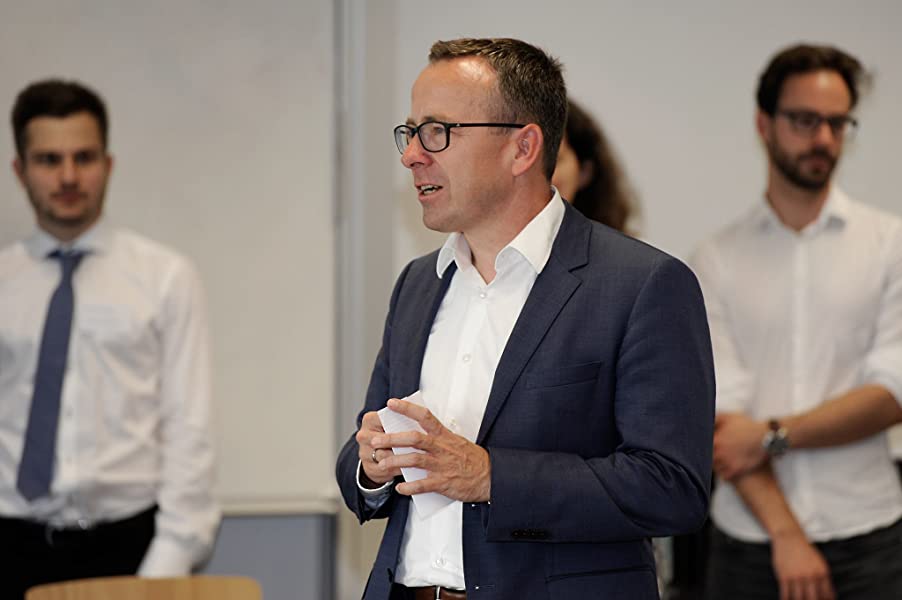Open Science is the future
Professor Gunter Friedl talks about his experience with Open Data

Three key learnings:
- An altruistic attitude leads to great scientific and social benefits.
- Open Data generates more visibility in the field.
- Open Data enables interdisciplinary exchange.
In the summer of 2020 you published your database on executive compensation at DAX and MDax companies, creating quite a sensation. What decided you to take this step?
GF: Understanding executive compensation and its effects helps to design better organisations. Research in this area is therefore very important, but so far research into executive compensation has been concentrated on US companies. This of course is owed to the fact that there is a huge database on big US companies available: ExecuComp. It offers historical data on compensation structures (pay, bonuses, option programmes etc.) for managers. Because of the differences in management and corporate culture we cannot assume that research findings based on US data are applicable to other countries. That is why in 2006 we started building a database for Germany that is similar to ExecuComp. Germany is the biggest economy in Europe, after all. We hope that our database facilitates international research into executive compensation and contributes to the development of better compensation systems.
Why now in 2020?
GF: All the work that went into this database was funded with taxpayers’ money. That is why we are sharing this research output instead of keeping it in our desk drawer. It is my firm conviction that an altruistic attitude in science leads to great scientific and social benefits. Open Science as a paradigm hasn’t fully arrived yet in academic life. It took me a while to convince my collaborators that Open Data is the future. I am very happy now that all of them have taken the path to openness with me.
What are the positive effects of publishing your database of executive compensation?
GF: It is now seven months since we published it. That’s not a long time. But it has already generated great visibility in the field and moved us into the centre of citations. I am also very intrigued by the questions secondary users ask. For instance, a bachelor student wants to see if there is a structural relation between the compensation of the CFO and the sustainability of a company. I find this immensely inspiring. Besides these effects inside academia there has also been a big response from the media to our publication. The database thus comes to the attention of scholars outside the field of business studies.
Based on your experience, what is your assessment of the future importance of Open Science?
GF: Open Science is the future. The degree of permeation has grown significantly over the last years – under pressure from the community. My observation is that a growing number of economists are uneasy to be dependent on a small number of gatekeepers. I am talking here mostly of US platforms. This uneasiness is not related to career stages. Many of my colleagues have realised that Open Science has tremendous value.
The interview was conducted on November 2, 2020.
About Professor Gunther Friedl

Gunther Friedl is professor of Business Administration and holds the chair of Controlling at TUM School of Management. He is also the dean of the school which is part of Technical University of Munich. His research interests are corporate governance and executive compensation, performance measuring and the valuation of firms and patents. He has received many awards for his work, among them the Best Textbook Award of the German Academic Association for Business Research and a number of Best Teaching Awards. His studies on executive compensation have regularly been featured in Handelsblatt, Financial Times, Frankfurter Allgemeine Zeitung, The Huffington Post and on German TV stations ARD and ZDF.
Contact: https://www.professoren.tum.de/friedl-gunther
ORCID-ID: https://orcid.org/0000-0001-7679-0801
Twitter: https://twitter.com/gunther_friedl
